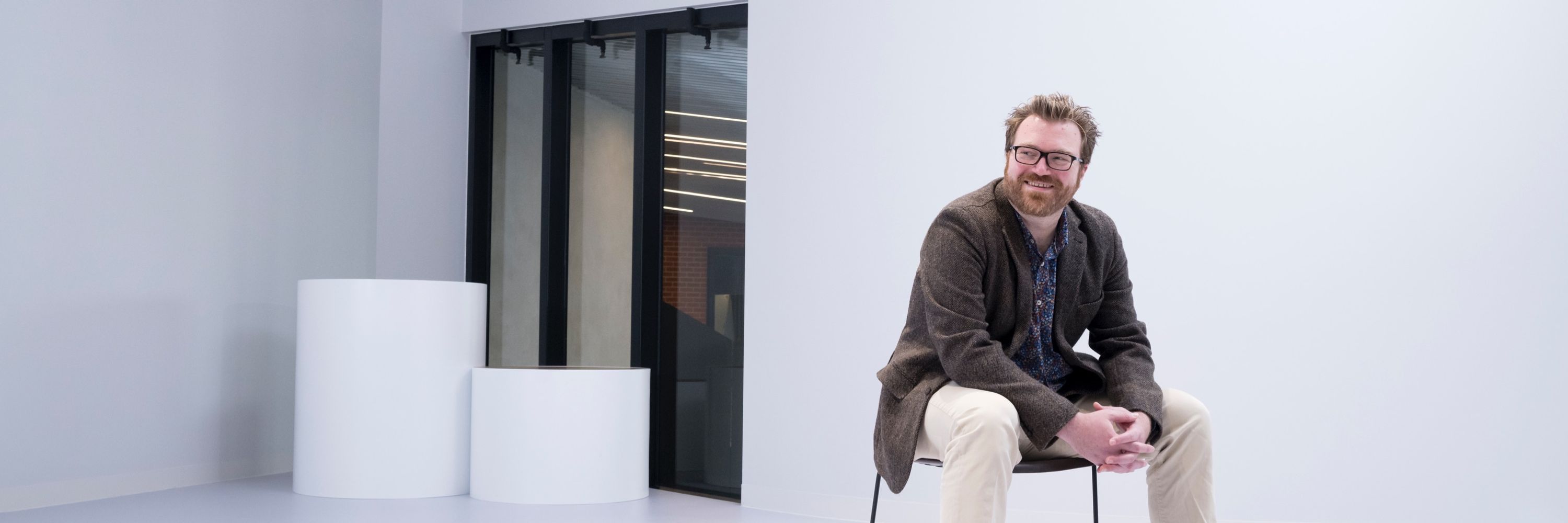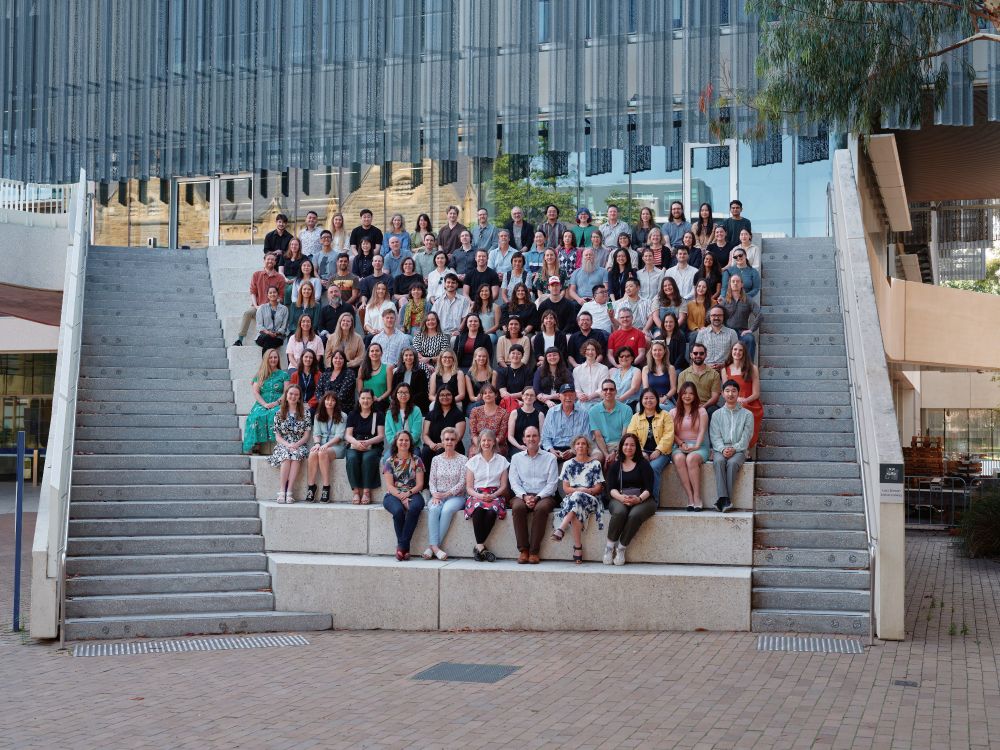
Nicholas Van Dam
@ntvandam.bsky.social
660 followers
390 following
650 posts
Associate Professor & Director @contemplateuom.bsky.social, University of Melbourne | Study Mindfulness, Meditation, Anxiety , Depression, Mental Heath, & Decision-making 🧘🏼♂️❤️🩹🧠🤕
Posts
Media
Videos
Starter Packs
Nicholas Van Dam
@ntvandam.bsky.social
· Aug 25
A new study, published in Clinical Psychological Science, examines the extent of adverse effects for those who meditate and pinpoints those most at risk of experiencing them. @ntvandam.bsky.social

Does Meditation Come With Side Effects?
A new study examines the extent of adverse effects for those who meditate and pinpoints those most at risk of experiencing them.
www.psychologicalscience.org
Reposted by Nicholas Van Dam
Reposted by Nicholas Van Dam
Reposted by Nicholas Van Dam
Reposted by Nicholas Van Dam
Nicholas Van Dam
@ntvandam.bsky.social
· Mar 14
Reposted by Nicholas Van Dam
Nicholas Van Dam
@ntvandam.bsky.social
· Jan 11
Nicholas Van Dam
@ntvandam.bsky.social
· Jan 11
Nicholas Van Dam
@ntvandam.bsky.social
· Jan 11
Nicholas Van Dam
@ntvandam.bsky.social
· Jan 11
Nicholas Van Dam
@ntvandam.bsky.social
· Jan 10
Nicholas Van Dam
@ntvandam.bsky.social
· Dec 18
Reposted by Nicholas Van Dam
Reposted by Nicholas Van Dam
Reposted by Nicholas Van Dam
Reposted by Nicholas Van Dam







